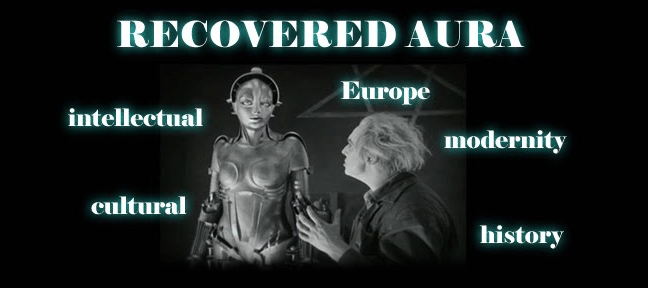- How does Fichte define what a nation is? How is it similar to Renan's definition of "a nation"?
- Jose de Larra claims that literature is one of the defining characteristics of nationhood. Do you agree or disagree?
- Arnim and Brentano (The Boy's Magic Horn) claim that the rediscovery of German folk culture and literature would help unify the German people and give Germans their own consciousness. How is this similar or dissimilar to de Larra's views on literature?
- Jose de Larra claims that literature is one of the defining characteristics of nationhood. Do you agree or disagree?
- Arnim and Brentano (The Boy's Magic Horn) claim that the rediscovery of German folk culture and literature would help unify the German people and give Germans their own consciousness. How is this similar or dissimilar to de Larra's views on literature?
- In Fichte's call "To the German Nation", his idea of Germany, as a nation, changed after Napoleon invaded. How did Germany, as a nation, change?
- According to Renan, what are the influence of race and language in nation-making?
- In Renan's "What is a Nation?," he gives the formula for a nation. What are the key ingredients to a Nation, and what confusions may lead to mistakes in the formation of the Nation? Do you agree with his formula?
- Refer to the articles and find examples of what factors help create a national identity. (Factors such as language, culture, art, music, history, etc...)
(Extra question for people to ponder..... What is Europe? Is there an European culture? Is there an European identity separate from a national identity?)
- How does one's mother tongue play a role in Wagner's "Jews and Music" and how may one's language play into nationalism itself?
- Throughout the course we have been traveling from empires with monarchs to current nations. What key differences have shaped these two words?
- How does music and poetry aid in the creation of a nation and nationalism?
- Throughout the course we have been traveling from empires with monarchs to current nations. What key differences have shaped these two words?
- How does music and poetry aid in the creation of a nation and nationalism?
- How does Wagner justify his claim that Jewish musicians are not capable or worthy of producing works of musical merit?
- How does Wagner define music as a characteristic that defines a nation? What makes music important to a national character?
- How does Wagner define music as a characteristic that defines a nation? What makes music important to a national character?

No comments:
Post a Comment